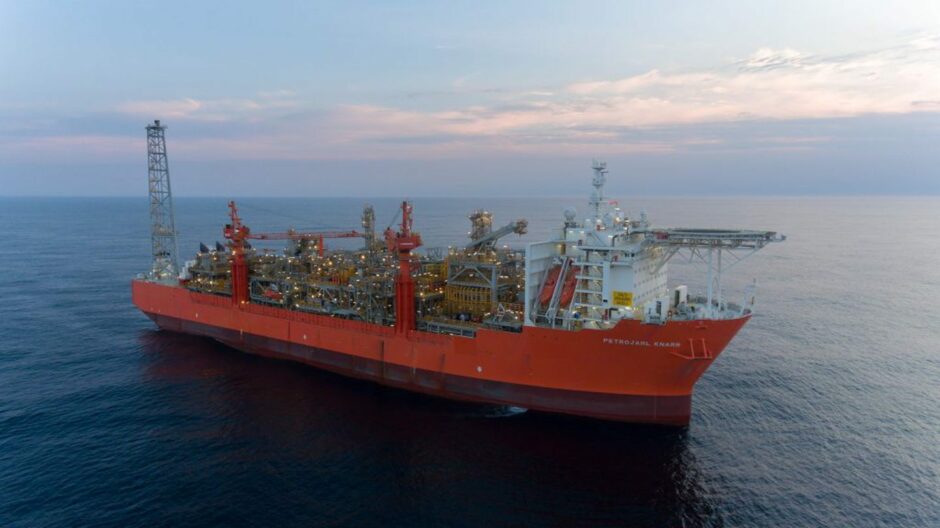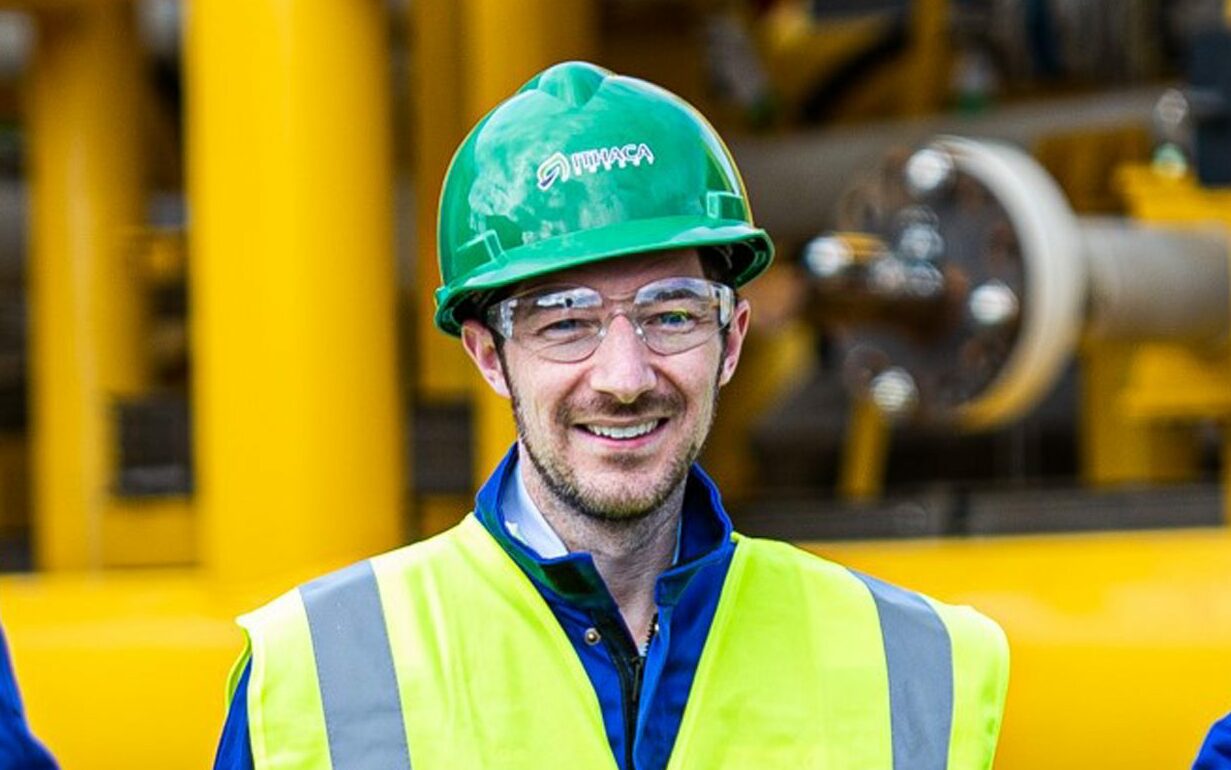
The Rosebank oilfield is still churning through the approvals process, and remains on the desk of environmental regulator OPRED, project partner Ithaca Energy (LON: ITH) confirmed.
Industry players and activists have been holding their breath for approval for the oilfield, the largest untapped resource in UK waters, for months.
However, on an investor call yesterday, Ithaca Energy, a 20% partner on the development operated by Equinor (OSLO: EQNR), set out some clarity.
The environmental statement remains with OPRED (Offshore Petroleum Regulator for Environment & Decommissioning) and is still due to be handed back to the main regulator, the North Sea Transition Authority (NSTA).
CEO Alan Bruce said: “The environmental statement . . . it’s gotten to the point where (there’s) no more questions, but it is still with OPRED as part of their approval process.
“What needs to happen is within OPRED that will have to be approved and then it comes back to the NSTA after that.
“So, still working through the regulatory approval process there.
“The project is in good shape really in terms of the maturity of engineering and all the physical work to be able to take (a) final investment decision, so that’s where we are on that one.”
‘Good engagement across the political spectrum’
Mr Bruce went on to highlight, despite a political “hot potato” of energy policy, Ithaca has had “good engagement across the political spectrum”.
He said his firm is contributing across the UK’s need for energy security, affordability and sustainability.
“It’s always the case that politicians will have a certain agenda to drive, we think if we’re able to do the right thing as far as those different dimensions, we’re doing the right thing for all of our stakeholders.”
Executive chairman Gilad Myerson said Ithaca’s discussions with politicians have shown that security, job creation, emissions reduction and low energy costs will be a priority for “any government that will come into play”.
“We’re spending a lot of time educating a lot of the decision-makers on the implications of different policies of drilling or not drilling, developing this type of asset or that type of asset.
“When you boil it down to the basic arithmetic, if you look at a project, for instance Rosebank or Cambo, ultimately they provide energy security, they provide jobs, they lower net UK emissions and they provide low energy costs.
“And most people when they understand the math behind the development, they often will say to us ‘actually that makes a lot of sense, let’s go back and speak to people in the party who are developing the manifesto and realign our messaging accordingly’.”
Rosebank – Equinor and Ithaca stakes
Equinor, the operator of the field, which is estimated to hold 300 million barrels of recoverable oil in its first phase, owns 80% of the project.
That’s after acquiring the North Sea business of Canada’s Suncor this year, doubling its initial 40% holding in the project.
On the investor call, HSBC noted “really positive noises” from Equinor in recent weeks and asked and whether Ithaca thinks Equinor “will want to farm down their current 80% stake before taking FID, or do you think they’ll want to wait until after FID is taken”.
Intriguing a question as it may be, CFO Iain Lewis said it’s a one for Equinor to answer.
Recommended for you


 © Supplied by Wullie Marr/ DC Thom
© Supplied by Wullie Marr/ DC Thom